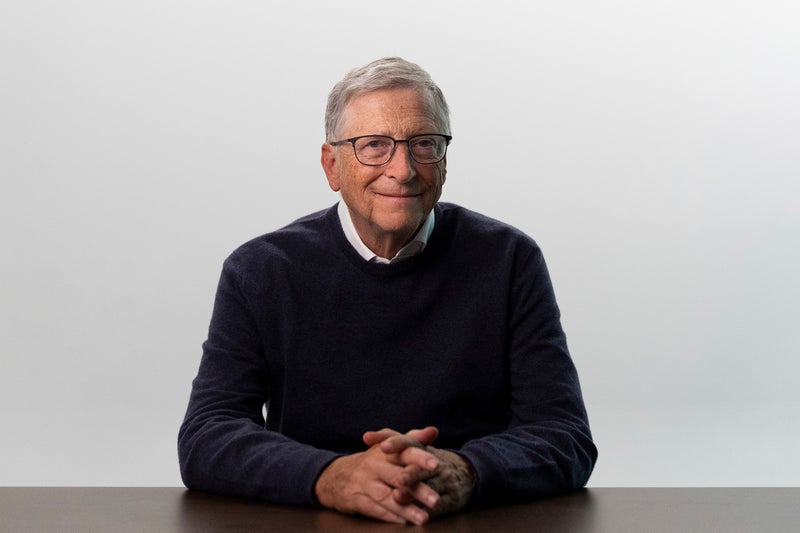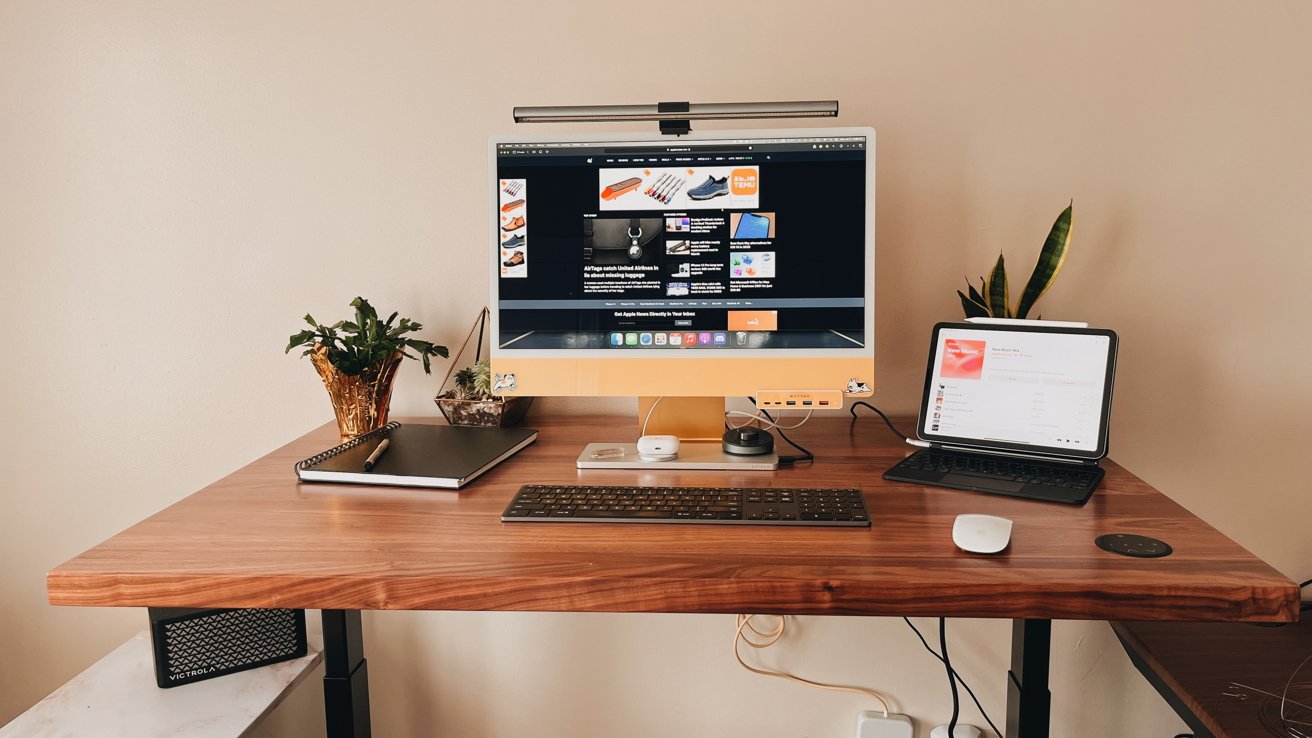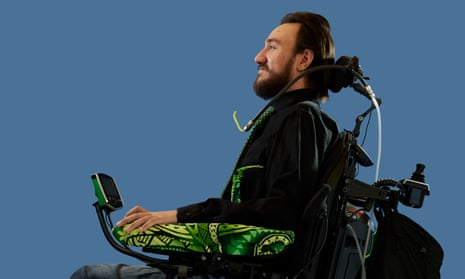A block for under-16s would soothe many parents’ concerns, but experts are divided over the evidence in support of it, and how it might work in practice.
Social media has transformed our relationships with our friends and family, brought unfiltered news from around the world to our handsets and introduced us to an unending supply of cat memes. Some of this has been positive, some negative and, for much of it, the jury is still out. But as the first generation of social media natives start to have children of their own, there is increasing unease about tech’s impact on children. These concerns prompted Australia to pass legislation last November banning access to social media for under-16s.
“So many things are happening at once,” says Sonia Livingstone, professor of social psychology at the London School of Economics and a specialist in children and social media. “We clearly have a silent problem of parents at home struggling with social media and feeling unsupported. We have a small number of parents whose children have come to serious harm, or died, who have become mobilised. We have politicians worried about complaints in their constituencies and also looking for a good news story in gloomy times. And we have big tech outrunning regulation in all directions.” It is a perfect storm, she says, into which discussion of an outright ban on social media for under-16s has come as a supposed saviour.































